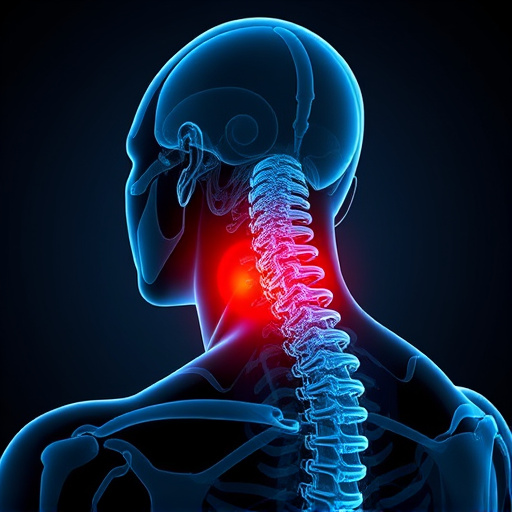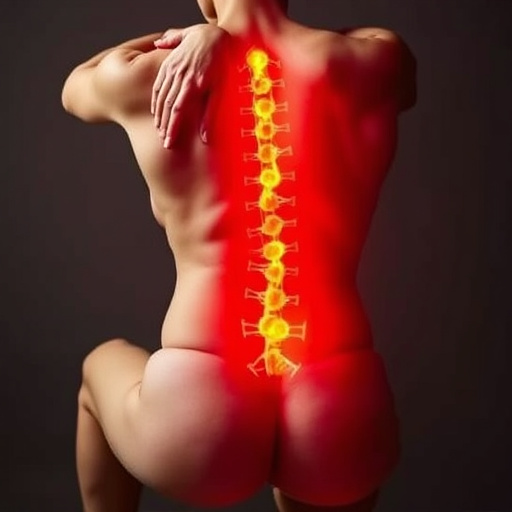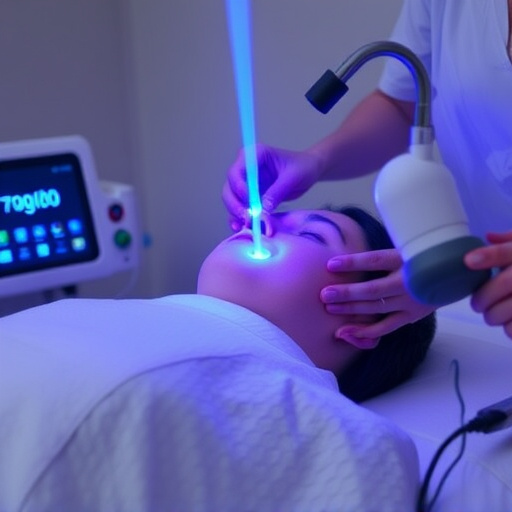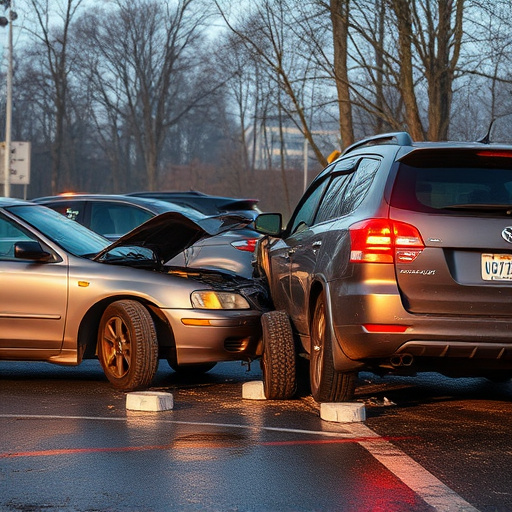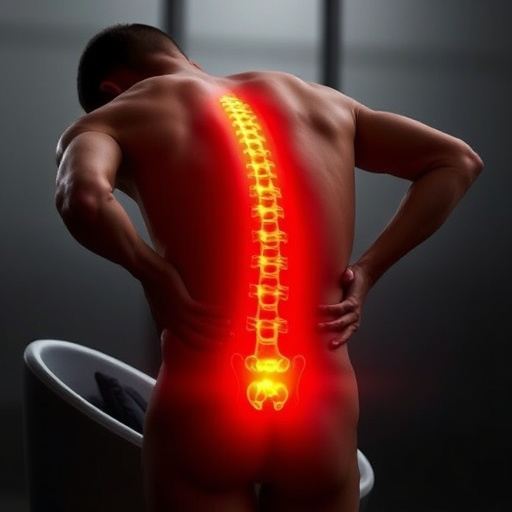In a motor vehicle accident, immediate assessment and urgent medical care are vital for life-threatening injuries like internal bleeding, skull fractures, or cardiac issues. Early treatment, including chiropractic adjustments, ensures optimal recovery, legal protection, and thorough documentation of car accident injuries for insurance claims. Stay calm, monitor symptoms, and promptly call emergency services for severe trauma signs.
In the aftermath of a motor vehicle accident, knowing when to seek immediate medical help is crucial. This comprehensive guide explores key indicators and considerations for prompt motor vehicle accident care. We dissect how to evaluate injury severity, recognize life-threatening conditions, and understand legal implications. By understanding these factors, you’ll be better equipped to ensure swift and adequate motor vehicle accident care for yourself or others, potentially preventing long-term health issues and legal complications.
- Evaluating Injury Severity After a Crash
- When Life-Threatening Conditions Arise
- Legal Considerations for Prompt Medical Attention
Evaluating Injury Severity After a Crash

After a motor vehicle accident, evaluating the severity of injuries is crucial for determining the immediate care needed. While some injuries may be immediately apparent, such as cuts or broken bones, others could be more subtle and internal. It’s important to stay calm and assess any symptoms that arise, including pain, numbness, dizziness, or difficulty breathing. If there are signs of severe trauma, like bleeding that won’t stop, loss of consciousness, or severe head injuries, emergency medical help should be sought immediately.
Non-invasive treatment options, such as personal injury chiropractic care, can play a significant role in injury rehabilitation. Chiropractors specialize in the diagnosis and management of mechanical disorders of the musculoskeletal system, offering non-surgical approaches to pain relief and improved function. However, it’s essential to prioritize urgent medical attention for life-threatening conditions before considering alternative treatment methods.
When Life-Threatening Conditions Arise
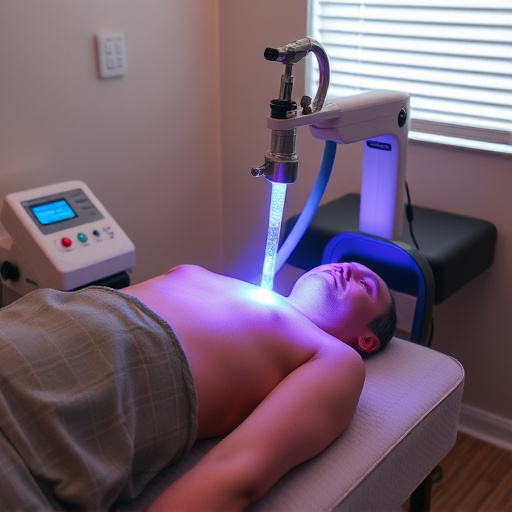
In the immediate aftermath of a motor vehicle accident, it’s crucial to recognize when conditions are life-threatening and require urgent care. If anyone involved exhibits signs of severe injury or experiences symptoms like acute chest pain, difficulty breathing, intense head or neck pain, loss of consciousness, or severe bleeding, prompt medical attention is non-negotiable. These symptoms could indicate injuries such as internal bleeding, skull fractures, spinal damage, or cardiac issues—all of which necessitate immediate motor vehicle accident care to prevent further deterioration and potential life-threatening complications.
In such scenarios, calling emergency services should be the first course of action. Trained medical professionals can stabilize victims, provide back pain relief, and ensure muscle recovery through initial on-site interventions before transporting them to a hospital for comprehensive treatment. Prompt recognition of critical conditions can significantly impact outcomes and save lives.
Legal Considerations for Prompt Medical Attention

In the aftermath of a motor vehicle accident, seeking immediate medical attention can be a crucial legal consideration as well. In many jurisdictions, prompt car accident injury care is not just recommended but often required for several reasons. Firstly, it helps establish a clear timeline of events and injuries, which can be vital in insurance claims and potential legal cases. The timely documentation of injuries, including whiplash treatment and spinal adjustment, can significantly strengthen your case. Additionally, many insurance companies require immediate notification and filing of claims within specific time frames; failing to comply may lead to delays or denials.
Moreover, prompt medical attention ensures that any underlying conditions or complications are identified early on. This is especially important in managing and treating whiplash and spinal injuries, which can manifest in unusual ways. Early intervention through car accident injury care not only facilitates better recovery outcomes but also provides a clear chain of evidence that can protect your legal rights and interests in the event of a dispute or complex insurance claim.
In cases of a motor vehicle accident, seeking immediate medical attention is crucial. Evaluating injury severity and recognizing life-threatening conditions are key initial steps. Additionally, understanding legal considerations can further emphasize the importance of prompt care. Remember, timely medical intervention not only facilitates effective treatment but also strengthens potential legal claims related to the accident.








